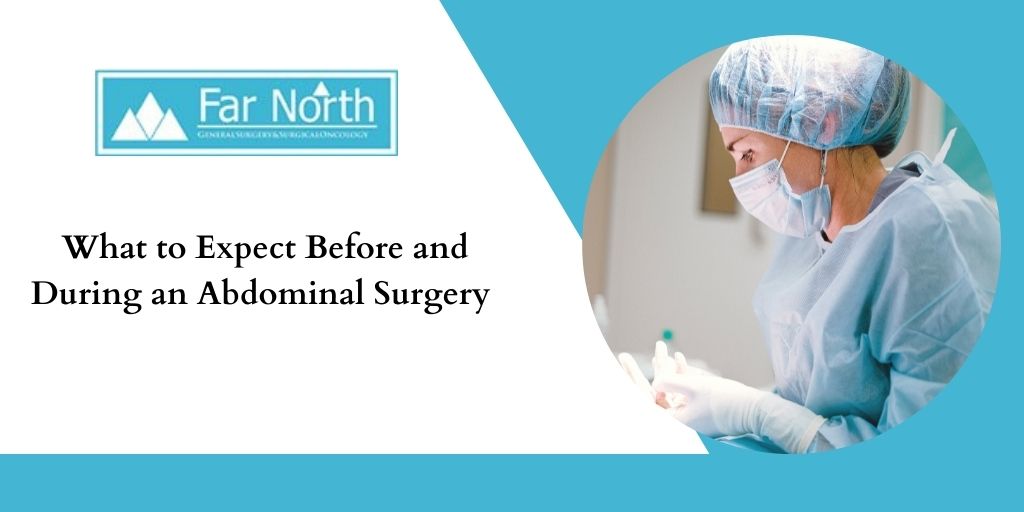


Abdominal surgery is done to treat conditions affecting your abdomen, including your stomach, small intestines, spleen, appendix, and rectum. Here are answers to some of the common questions that might arise as you get ready for abdominal surgery.
Before Surgery
Your doctor will perform a pre-operative physical exam a week before your surgery to evaluate your risk factors and complications. They will also instruct you on how to clean your colon (bowel).
On the Surgery Day
After these tests, you will be sent to the pre-operative room, where you will be given:
In the Operating Room
Once the anesthesia puts you to sleep, your doctor will place a catheter in your bladder to collect and record urine output. A nasogastric (NG) tube may be passed through your nose to your throat and stomach to remove stomach secretions that would otherwise cause post-operative nausea and vomiting. Generally, the tube is removed before you wake up. The surgery length varies for different patients, depending on their overall health and other possible complications.
After Surgery
You will be taken to the recovery room post-surgery, and your doctor will meet your family to discuss your condition.
FAQs
You will have to stay in the hospital for approximately one week.
The incision may cause slight pain, but you will be given several alternatives to manage it, including an injection, epidural catheter, and patient-controlled analgesia (PCA).
Once your intestinal tract starts functioning, you may start taking liquids. If all goes well with your liquid diet, you may consume solid foods in a day or two. You can continue with your regular diet after returning home.
No, it will not hurt.
You can do simple exercises like walking and swimming, provided you don’t exert your upper body for a month.
Contact us today at Far North Surgery if you are looking for the best abdominal surgeon in Alaska or have any questions about abdominal surgery.